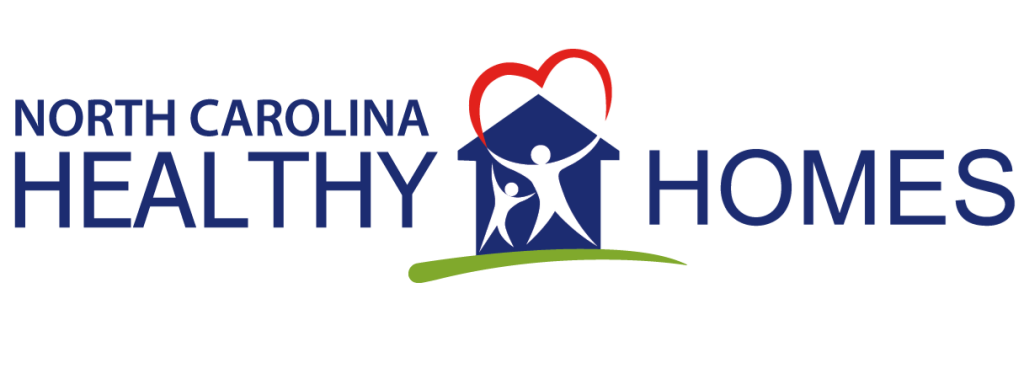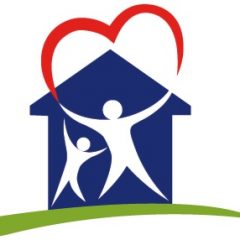By Adelle Schubarg, Environmental Research Assistant
 Nykesse Roberts is the Senior Environmental Specialist for Mecklenburg County located in the southwestern region of North Carolina. In this role, she conducts routine health and safety inspections at various facilities including daycares, nursing homes, and schools.
Nykesse Roberts is the Senior Environmental Specialist for Mecklenburg County located in the southwestern region of North Carolina. In this role, she conducts routine health and safety inspections at various facilities including daycares, nursing homes, and schools.
In addition to these inspections, she also manages the lead program for the county. Her duties include checking the NC Lead system database for new cases, conducting home investigations, and training new interns.
Nykesse studied Biology and Chemistry during her undergraduate years at Francis Marion University in Florence, South Carolina. Always eager to learn more, she continued with her schooling and earned her Master’s in Public Health from A.T. Still University’s online degree program while working full-time as a Food and Lodgings Inspector in Charleston, South Carolina.
Nykesse accepted her first position with Mecklenburg County in 2012 as an Environmental Specialist and has been working with the department ever since. In 2018, Nykesse was promoted to the senior position on the team, giving her full responsibility of the county’s lead program.
Nykesse stumbled upon her passion for lead abatement and remediation by helping a friend. Both Nykesse and her coworker were onboarding with Mecklenburg County at the time and undergoing training. With her previous work experience in South Carolina, Nykesse had completed much of the training requirements and was not obligated to attend all the sessions. However, to support her coworker, Nykesse accompanied her on a lead investigation which was part of the training for that day.
All it took was that one encounter and Nykesse was hooked. Witnessing the investigation firsthand sparked Nykesse’s passion for environmental health and lead work.
“It was so interesting, the investigation of it all”, Nykesse reflects.
With this open and investigative mindset, Nykesse enjoys how much she gets to learn on the job and be exposed to different cultures and ways of life.
However, Nykesse’s greatest joy comes from helping others. She finds motivation in knowing that, in a day’s time, she can help at least one person. This could be through providing information to parents on common sources of lead poisoning, collecting water samples at schools, or conducting a home investigation to discover the cause of lead poisoning.
These interactions involve more than simply handing brochures to people or conducting lead remediation in a home. Rather, they present educational opportunities where Nykesse not only performs her job duties but explains the reasoning behind why she does them.
Nykesse emphasizes that, as a specialist working in the public health field, she and other health professionals have a role to play in empowering people through education to give them the tools, connections, and awareness to seek out resources and become better informed.
Education and outreach are vital aspects of Nykesse’s work, especially as one of the challenges of her job is getting in contact with families. When a child exhibits elevated blood lead levels (BLLs), some families are unfamiliar with the medical care process that follows and are unsure why the health department is contacting them.
There is a level of distrust that comes from simply not being familiar with the lead program and, as a result, the phone calls that Nykesse and her team make are not always returned.
While it is difficult to get in contact with some families, Nykesse notes that once that connection is established, families are more trusting and comfortable with her team. To address the challenge of establishing that initial connection, Nykesse envisages an outreach program for Mecklenburg County that would aid in disseminating information and resources on childhood lead poisoning prevention to folks with young children.
Her vision involves partnering with day cares in Mecklenburg County, using them as an outlet through which to funnel information to families across the county.
“It’s all about doing something for right now”, says Nykesse.
There are currently 573 child care centers in Mecklenburg County which serve over 25,000 children (NC DHHS, Monthly Child Care Statistical Report October 2021).
By distributing health care information through a trusted and widespread source like the daycares, Nykesse and her team can reach countless households and have the greatest impact in the timeliest manner. Nykesse stresses that education and awareness is the first step towards eradicating lead poisoning as a public health crisis.
Nykesse discovered the NC Healthy Homes Task Force through her own curiosity on the subject. New to the lead field, Nykesse was eager to explore the program and her dream position further. Nykesse says that when it comes to lead remediation, nothing is black and white.
There are many avenues to solving an issue and Nykesse enjoys hearing other professionals’ perspectives and approaches to challenges as it aids her own creative problem solving.
Nykesse also finds the Task Force to be a useful resource for her clients and community partners. There is a wealth of information communicated in the Task Force meetings and not all of it necessarily pertains to Nykesse’s specific role. However, with the connections established from the Task Force, Nykesse can provide those with a question outside her area of expertise with information and references that may be able to offer more assistance.

